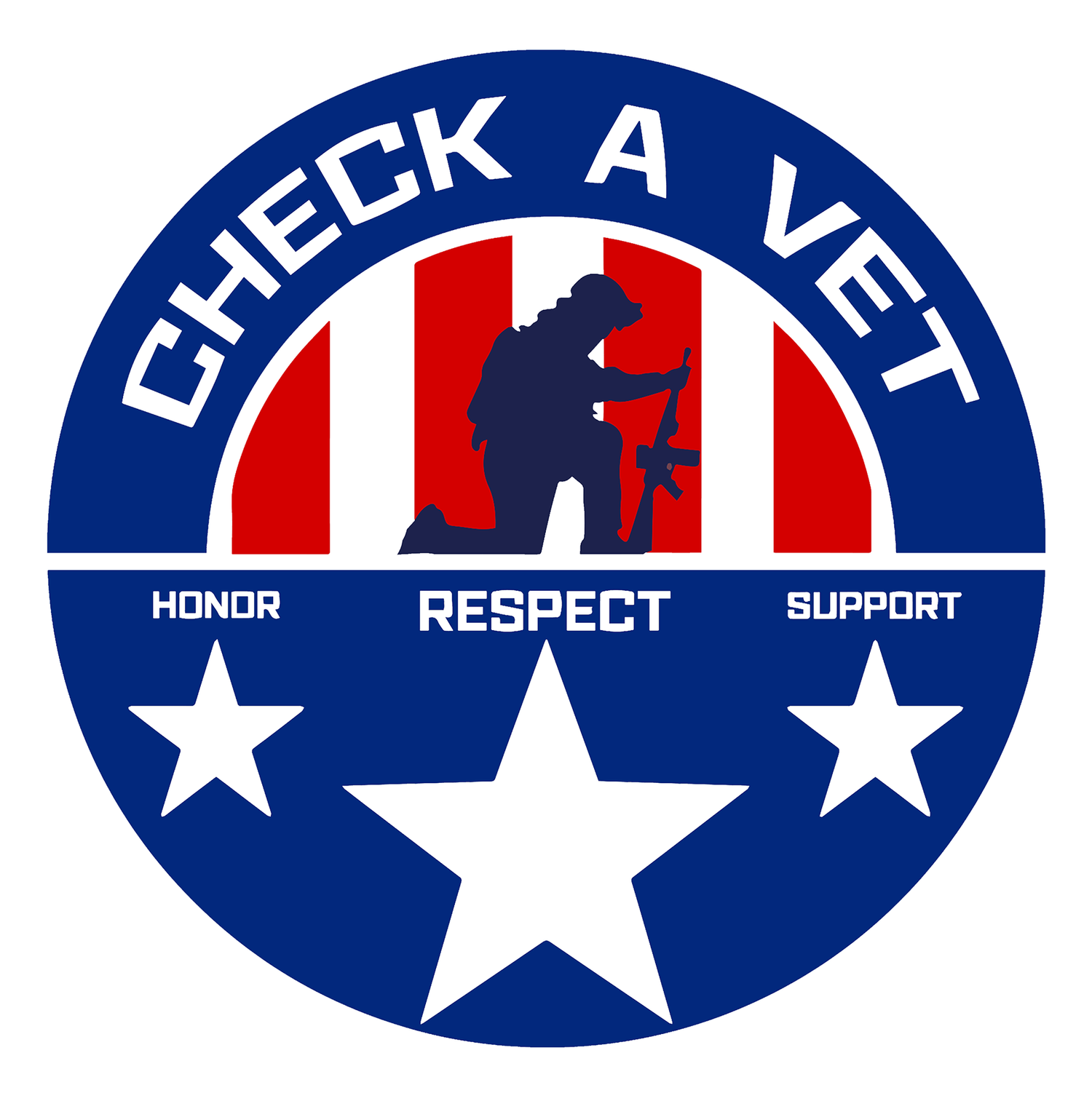
Engagement Strategies
Take action and implement these strategies to make a positive impact in the lives of United States Veterans. They did their part to keep our country safe. Now, it’s your turn to do your part to keep them safe.
Meaningful Ways to Engage Veterans
1. Touch base – Send frequent notes, text messages, or make phone calls. Call at times that work best for your Veteran and return messages quickly.
2. Make a clear offer – While “How can I help?” may seem thoughtful, it places the burden on your Veteran to come up with a plan. Instead, offer a specific activity at a set time. “Let’s go fishing on Saturday” or “Could we get lunch tomorrow?” Your Veteran can choose to accept or decline. Then always follow through on your offers.
3. Visit often – Visits offer a sense of normalcy. Schedule regular visits and focus on their interests and abilities.
4. Be available to listen – Active listening sends an important message that your Veteran is heard and supported. Try to hear and understand how your Veteran is doing, even if you must put your own fears and feelings aside. Active listening sends an important message that your veteran is heard and supported.
5. Be patient and supportive – Focus on positive emotions and things like family, friends, and hobbies in the Veteran’s life. If the Veteran wants to talk about distressing feelings or subjects then stay on topic while being supportive and non-judgmental. If you think the Veteran is in distress then ask the direct question, “Are you having thoughts about ending your life?” If they are having suicidal thoughts then STAY WITH THEM and offer HOPE until you can get them professional help. Don’t be afraid to ask questions and be willing to hear what they are saying. Please use our resources and be ready to seek professional help, and then connect them to the help they need.
6. Keep Trying - Veterans can be hard to reach out to. As Veterans isolate themselves, they often put up barriers. Gently and patiently try to earn your way through those barriers. It will take sincerity, patience, and resolve. A great way to get Veterans to open up and have a meaningful conversation is to ask about their service. Ask about their day/week. Ask about their work.
6. Phone a Comrade - Veterans treat other Veterans differently than they treat anyone else. If your Veteran has completely isolated him/herself then reach out to someone that your Veteran served with, talks to, or respects. You might have to check on your Veteran via that person. This is difficult, but it is better than quitting and abandoning your Veteran.


